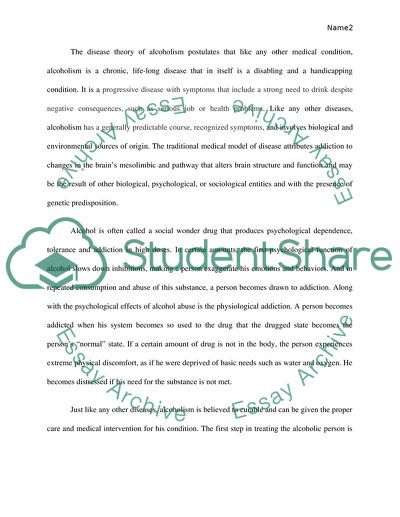Cite this document
(Overview of Alcoholism as a Disease Research Paper, n.d.)
Overview of Alcoholism as a Disease Research Paper. Retrieved from https://studentshare.org/social-science/1734328-alcoholism-is-it-a-disease-or-not
Overview of Alcoholism as a Disease Research Paper. Retrieved from https://studentshare.org/social-science/1734328-alcoholism-is-it-a-disease-or-not
(Overview of Alcoholism As a Disease Research Paper)
Overview of Alcoholism As a Disease Research Paper. https://studentshare.org/social-science/1734328-alcoholism-is-it-a-disease-or-not.
Overview of Alcoholism As a Disease Research Paper. https://studentshare.org/social-science/1734328-alcoholism-is-it-a-disease-or-not.
“Overview of Alcoholism As a Disease Research Paper”, n.d. https://studentshare.org/social-science/1734328-alcoholism-is-it-a-disease-or-not.


